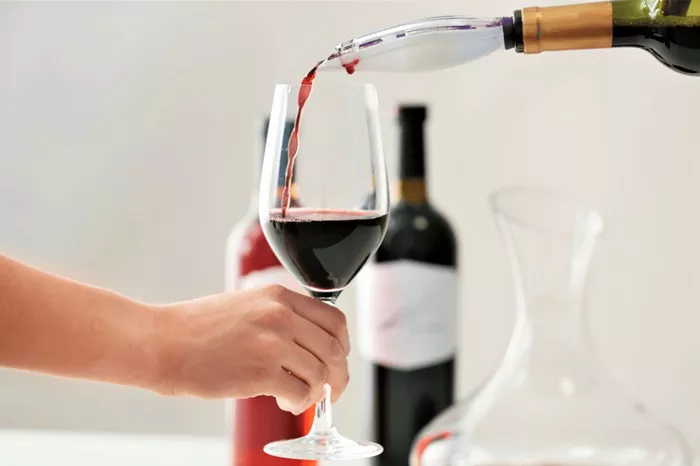A new study suggests that beer drinkers may want to reassess their dietary habits, as they tend to have less healthy diets and engage in riskier behaviors compared to those who favor wine or other alcoholic beverages.
The research, which analyzed the dietary habits of over 1,900 American adults, found that individuals who exclusively drink beer—such as lager or bitter—are more likely to have poorer eating habits, lower levels of physical activity, and a higher likelihood of smoking compared to wine drinkers, spirit enthusiasts, or those who consume a mix of alcoholic drinks.
The study, published in the journal Nutrients, categorized participants into four groups: beer-only drinkers (38.9%), wine-only drinkers (21.8%), spirits-only drinkers (18.2%), and mixed drinkers (21%). Using the Healthy Eating Index (HEI), which assesses diet quality based on dietary guidelines, researchers discovered that none of the groups achieved an “adequate” diet score—defined as 80 points or above on the 100-point scale. However, beer drinkers scored the lowest at 49, while wine drinkers scored 55. Those who consumed spirits exclusively or a mix of alcohol types scored around 53.
The beer drinkers, who were mostly younger men, smokers, and from lower-income backgrounds, also reported the highest daily calorie intake when adjusted for body weight, in addition to the lowest levels of physical activity. These findings align with prior research indicating that alcohol consumption, regardless of the type, tends to lower diet quality, though this is one of the few studies to focus on the specific impact of different alcoholic beverages.
Dr. Madeline Novack, the study’s lead author and a researcher at Tulane School of Medicine, highlighted the link between poor diet and alcohol use, noting that excessive alcohol consumption is a leading cause of cirrhosis and liver diseases in the U.S. “Metabolic dysfunction-associated steatotic liver disease (MASLD) is also rapidly increasing,” she added. Both liver conditions often occur together, and lifestyle changes, including improved nutrition, are crucial to preventing and managing these diseases.
Dr. Novack explained that beer drinkers’ poorer diet quality may be influenced by the types of food commonly consumed with beer. Beer is often paired with low-fiber, high-carb, and processed foods, while wine—particularly red wine—is more frequently accompanied by healthier options. She also suggested that dietary habits might influence alcohol choices, noting that foods like fried or salty snacks, which are often consumed with beer, can create thirst and encourage beer consumption.
In light of these findings, Dr. Novack urged healthcare providers to inquire about their patients’ alcohol preferences as part of promoting healthier lifestyles. “For prevention of liver disease and other health issues, physicians should ask about the type of alcohol consumed to guide discussion on healthy behaviors,” she said. She recommended encouraging beer drinkers to increase their intake of fruits and vegetables and engage in more physical activity.
Dr. Novack will present these findings today (Sunday, Nov. 17) at the American Association for the Study of Liver Diseases (AASLD) meeting in San Diego, California.
You Might Be Interested In:


